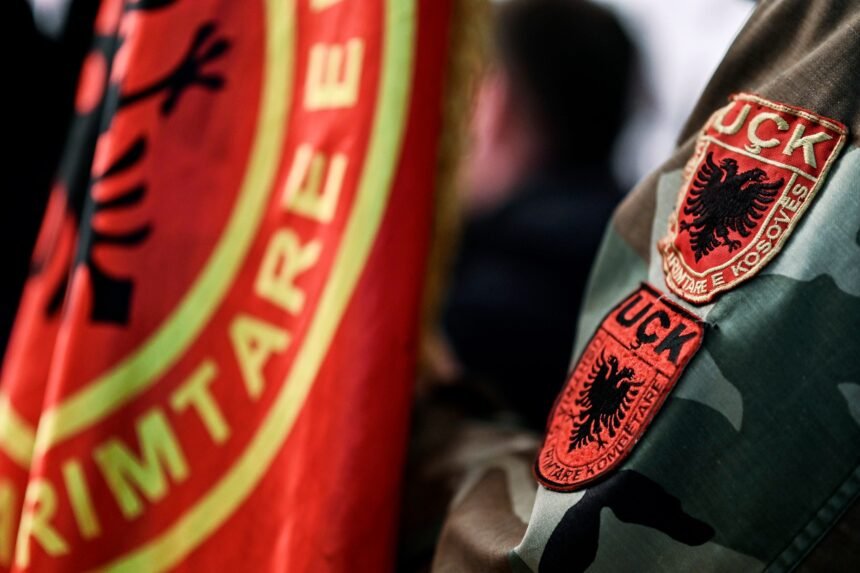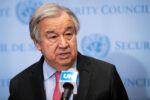Just days after the release of former Kosovo Special Unit police officer Arbnor Spahiu—who was detained in June this year at the Hungary–Serbia border—another former member of the Kosovo Liberation Army (KLA), Avni Qenaj from Romajë, Prizren, has been arrested by Serbian authorities.
The arrest was confirmed by both the Ministry of Foreign Affairs and Diaspora of the Republic of Kosovo (MPJD) and the KLA Veterans Organization (OVL-UÇK).
Kosovo’s Foreign Ministry Reacts
The MPJD stated that it is undertaking all necessary measures to protect Qenaj’s rights and safety.
According to the Ministry:
- Immediately after receiving the information, Kosovo’s Liaison Office in Serbia sent a formal request to Serbian authorities seeking confirmation of the arrest, details about the grounds for detention, Qenaj’s exact location, and any other relevant information.
- The EU Delegation in Serbia has been notified, and verbal notes have been sent to QUINT embassies to ensure international monitoring and engagement in safeguarding Qenaj’s rights.
- Once his location is confirmed, the Liaison Office will request permission to visit him.
- The public will be kept informed of any developments.
The Ministry also urged the international community to increase pressure on Serbian authorities, emphasizing that Serbia continues practices of mistreatment and intimidation toward Kosovo citizens, violating international human rights standards.
Confirmation from the KLA Veterans Organization
Gazmend Syla, Deputy Chair of OVL-UÇK, confirmed that Serbian authorities arrested Qenaj—a former member of the 138th “Agim Ramadani” Brigade—while he was crossing into Serbian territory.
Serbian officers reportedly found his veteran identification card during the border check.
Syla added that Qenaj had previously traveled through Serbia multiple times without issues.
Reactions from Kosovo Leaders
President Vjosa Osmani, who recently met with former detainee Arbnor Spahiu after his release from Serbia, reiterated her call for Kosovo citizens—especially those in the diaspora traveling for year-end holidays—to avoid transiting through Serbia.
She stressed that structures in Serbia “have not changed in mindset from past regimes,” posing a serious risk to Kosovo travelers.
Criticism from the Legal Community
Lawyer Arianit Koci criticized President Osmani’s statement, arguing that while the concern is valid, institutions must avoid generating fear or a sense of helplessness.
According to Koci, if the state tells citizens “do not travel through Serbia,” it must also clearly state:
- How it will protect them
- What alternative solutions are being offered
He urged the government to accompany warnings with concrete measures, including:
- Safe and affordable alternative travel routes
- Immediate consular protection in any future detentions
- Close coordination with friendly states
- Reciprocal measures in line with international law
- Sustained diplomatic pressure to stop Serbian practices targeting Kosovo citizens
Serbia’s Official Position
The Serbian Ministry of Internal Affairs announced the arrest of a person identified as A.Q., accused of “organizing and inciting the commission of genocide and war crimes.”
Serbian authorities claim that Qenaj joined the local KLA headquarters in Prizren in April 1998 and participated in the 1999 Koshare battles as part of the 138th “Agim Ramadani” Brigade.
Qenaj has been placed under a 48-hour detention, and Serbian authorities say a criminal complaint will be submitted to the prosecution.







